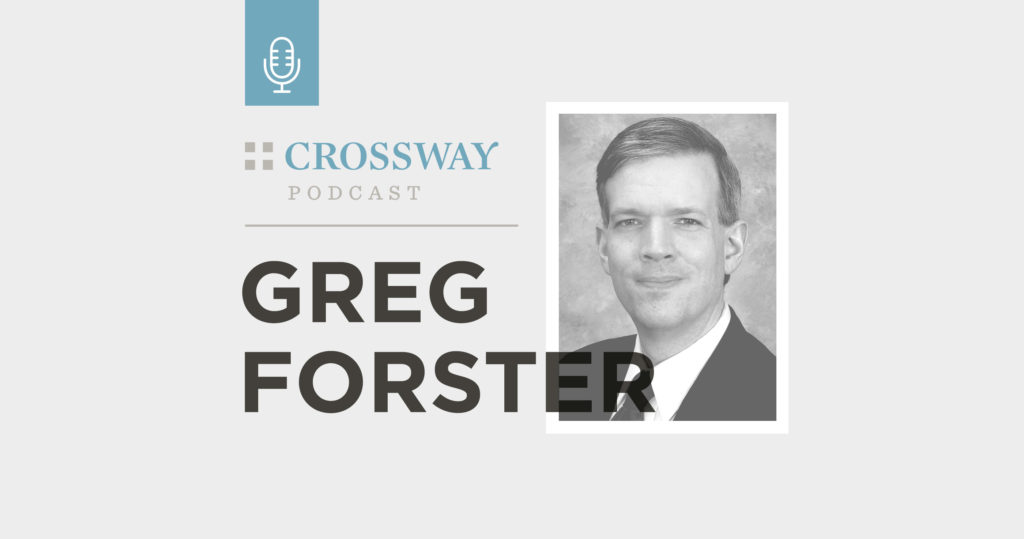Crossway’s got the scoop on today’s podcast, with yours truly:
I think the root of the matter is this: modern socialism and communism didn’t exist in the ancient world, and the essence of these systems is essentially eschatological—that we can build heaven on Earth by rearranging economic systems. Socialism and communism begin with the assumption that human problems can be solved if we can just force the economic structures into the right shape. I mean, this is why they’re built on force. That’s their fundamental principle. Whereas the early church trusted God to solve their problems. They weren’t trying to force anybody’s system into the right shape because they knew that you can’t save people by forcing social systems into the right shape. So I think the fundamental difference here, in my mind, is more eschatological. Where are you looking for your salvation? Is it to God or to some political movement?
And I think we can say that, but I want to stop and put a big warning marker on this. This passage in Acts is not there to supply free marketers with a talking point against socialism. That is not why is there. It’s there to summon us to radical generosity. I think we should be asking not only the question Is socialism biblical?, but also the question, Do we in the church today practice the radical sharing…that clearly characterized the early church and was so important that Acts highlights it in this dramatic way? Acts really emphasized that this is important.
In the podcast we also canvassed lots of other subjects:
If you think that people who have wealth got it through illegitimate means, you’re going to be mortally offended at inequality, even distinct from the question of whether the poor are doing well or not. But if you think that people generally make wealth through legitimate means, then you’re not going to be concerned about income inequality.
The example one friend of mine uses is JK Rowling. JK Rowling became a billionaire by writing a book. And by writing this book she entertained millions of people, and she sold intellectual property rights to movie companies, which then entertained millions of people, and that’s all she did. I mean, she literally just she wrote some books and she became a billionaire. And she did not take that money away from anybody. She didn’t steal it. Nobody is worse off because she’s better off. She produced something that had value to people and people said, Yes, I’ll pay $20 for a copy of that book. Yes. I’ll pay $20 for a ticket to that movie.
But to the extent that you think the wealthy are less like JK Rowling and more like Carlos Slim…who became wealthy by leveraging personal connections with the Mexican government—he got telecom contracts that were handed to him by his political connections, he was able to make a ton of money because he knew the right people and because the system was corrupt, he owns the New York Times because he had this inside track—now, if you think that most wealthy people are like Carlos Slim and they made their money through corrupt connections with big government, then you’re going to be concerned about income inequality. If you think that most of the wealthy are like JK Rowling who made their money by doing honest labor, then you’re going to be less concerned about income inequality.
And the thing is, I can tell you both stories.
Yes, it’s another taste of what’s in my new Crossway book Economics: A Student’s Guide.
For more on the early church and our modern questions about property rights, see this from TGC.
